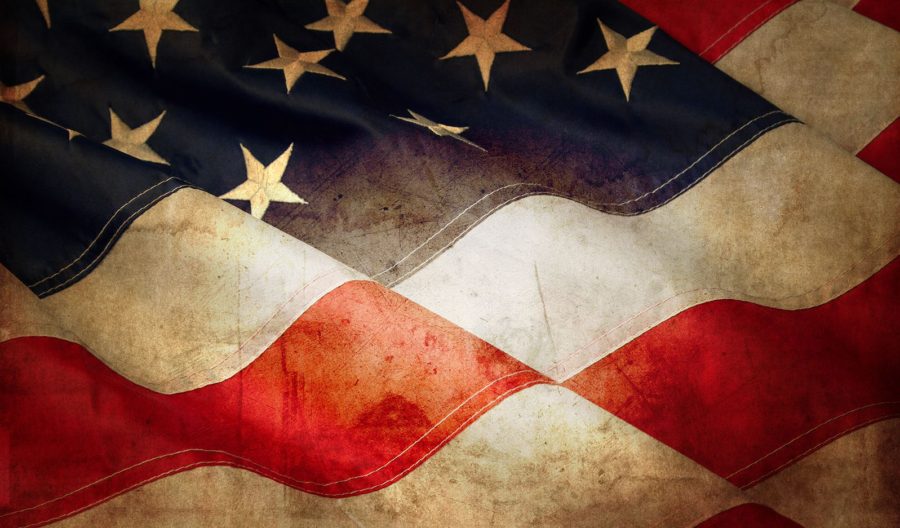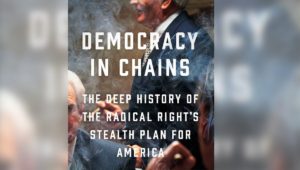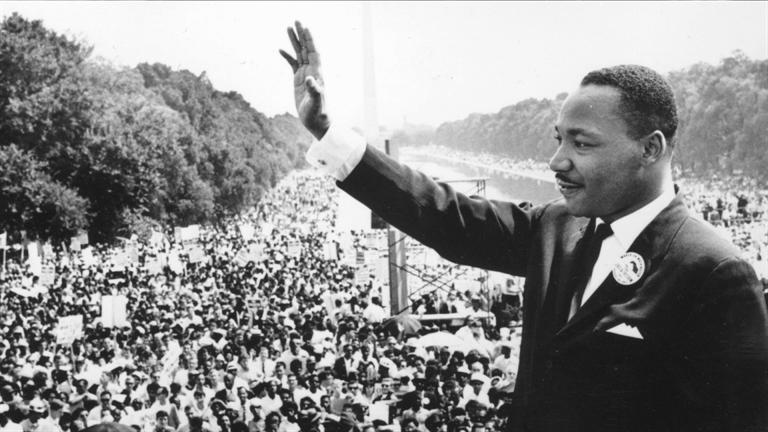
I’m black, I’m proud, and identity politics could poison us all. What is identity politics? Unsurprisingly, different people answer this question differently. That’s a problem. Let’s create a shared understanding of what identity politics is in order to have a fruitful conversation about its merits, lack of merits, benefits, and harms in the future. Joseph Klein chose to define identity politics as
“The tendency for people of a particular race, religion, gender or ethnicity to organize politically around that special interest for the sole purpose of advancing that interest without concern or regard for any larger group or collective.”
Eric Schickler debunked the myth that identity politics was bad, specifically for the Democratic party, partly by saying “…liberalism is at its strongest when its advocates understand that justice for each group is essential to achieving justice for all.” Sam Harris said “I distrust identity politics of all kinds. I think we should talk about specific issues.” Jordan Peterson said that
“The problem with the fractionation by group identity is that it’s endless. There’s no way of ensuring equality across groups because there’s an infinite number of groups. You could fragment group identity all the way down to the level of the individual, which is exactly what you should do, which is what we already did in the West.”
For Joseph Klein’s view, my first reaction is to the “sole purpose” and “without concern” parts. I’m fond of plenty of people that proclaim themselves as practitioners of identity politics and I’m confident that they would disagree with Klein’s claim. They aren’t solely thinking of their own group and they do have concern for the larger collective. Let’s call those people “woke”. Woke Americans are largely, in my experience, acutely aware of the difficulties that come with being born disadvantaged. They often have firsthand familiarity with the struggle to build discipline, motivation, work ethic, and a sense of belonging all while being bombarded with images of, videos of, and interactions with countrymen that didn’t seem to inherit those same struggles. Black boys learn early in their lives that they aren’t expected to live as long as anyone else in their society. Imagine that. It hurts just learning that fact, let alone trying to build a healthy self-image in spite of it. Civil black men have to remain diligent about seeming non-threating in every public space. That’s different than being non-threating because that has to do with intention, which is completely hidden from every observer. It’s not enough to not BE a threat for a black man. He has to SEEM like he isn’t a threat to anyone, anywhere, all the time, in every space. He can’t move his hands too quickly. He can’t walk too heavily. He shouldn’t raise his voice. It’s exhausting. Additionally, it’s embarrassing. It’s embarrassing when many, if not most, well respected white men don’t seem to carry these same concerns. They walk in whatever stride is comfortable. They speak however they feel they need to. They don’t seem to be concerned about how they seem. It’s probably has to do with them being raised as European descendants in a culture that descended from Europe. They probably feel at home in this beautifully civil society and they look it. I know that my woke friends have plenty of concern about the larger collective. Any person who doesn’t have concern for the larger collective is not woke and is uncivil. Those are not people that I call my friends and they don’t represent every American who considers themselves a practitioner of identity politics. Today, my woke friends don’t have to sugar coat their expressions of pain to appease those that rather not hear it. They can express themselves plainly and effectively convey every awkwardness and uncomfortable thing they have in their heart. That’s part of what makes this generation unique. I think Joseph Klein is seeing a lack of concern of the part of some people that claim to be woke but he’s applying that to everyone that is woke and I think that’s a mistake. I probably agree with Joseph on some other aspects of identity politics but I don’t like the definition that he used.
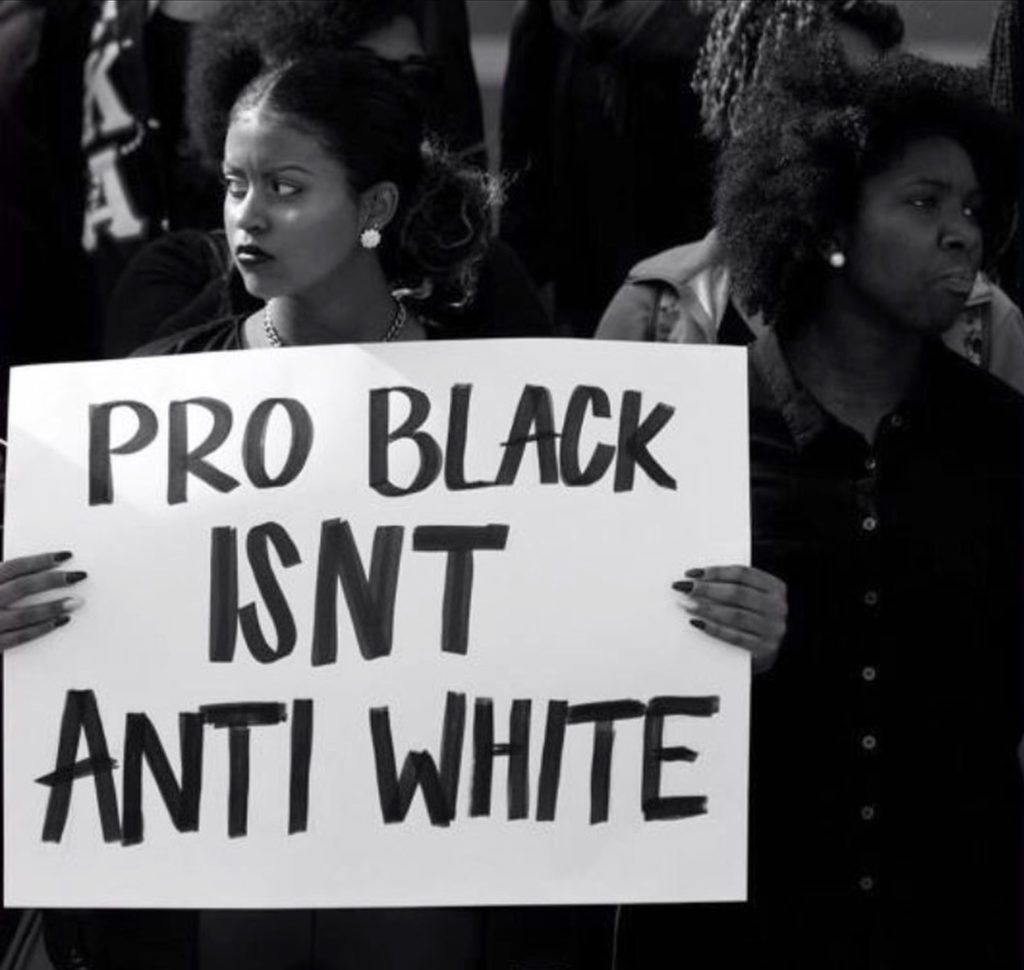
For Eric Schickler’s view, I agree with his sentiment and I think it quickly raises the question; How? I do endorse publicly funded social intervention programs on behalf of those that identify with disadvantaged groups for the short term future, emphasis on the short term. I’m pro-affirmative action and similar programs until they’re evidenced as doing more harm than benefit. I don’t think they’re doing harm now but I do think they will eventually (read year 2050 or after). We should include caveats to our programs such as, ‘When state wide college enrollment for the disadvantaged group is within 3% of the total statewide average, stop the program.’ or ‘When over 50% of new beneficiaries would not have met the original acceptance criteria at the time of this program’s inception (assuming the program expands its acceptance criteria overtime or has become subject to widespread abuse), stop the program.’ As long as we include provisions like those, I’ll remain a social justice advocate. I’m not in any way rebuking the studies that show that some disadvantaged Americans who attended higher tier universities under the affirmative action program didn’t thrive in those environments as well as they might have at a less competitive schools. However, I couldn’t find any longitudinal studies that followed those specific students and their families, e.g. younger siblings, into the next decade after attending those schools. I suspect that the mere exposure to highly competitive academic cultures had a profound impact on their work ethics, capacities for self-discipline, and overall capability for self-improvement. I suspect that those influences improved the lives of not just those students that attended but also improved and inspired their siblings and friends as well. I earned my way into one of the best neuroscience research labs at UCLA and subsequently, failed pretty miserably. However, having been there, having seen my boss’s work ethic up close on a daily basis, I’m immeasurably better, stronger, more disciplined, and more resilient than I otherwise would have been and, now a little later in my career, I’m a better influence and guide for the younger members of my family. We need to have a long term view for programs like affirmative action and its ilk. I think Mr. Schickler would endorse these ideas. I suspect that the long term impact of short term programs like these can do wonders for disadvantaged people but we still have to keep an eye out for abuse. I feel it’s important to remember that European global colonization and the transatlantic slave trade went on for over 500 years and ended about 150 years ago. We’re talking about centuries of work to begin to repair that inequality and I suspect we’ll have to take group identity into account during a portion of that time, especially considering how pivotal a role group identity played in its creation. That said, great thinkers have already built what seem like sturdy paths to prospective social panaceas and I think it would be foolish to plan a great future without standing on their shoulders.
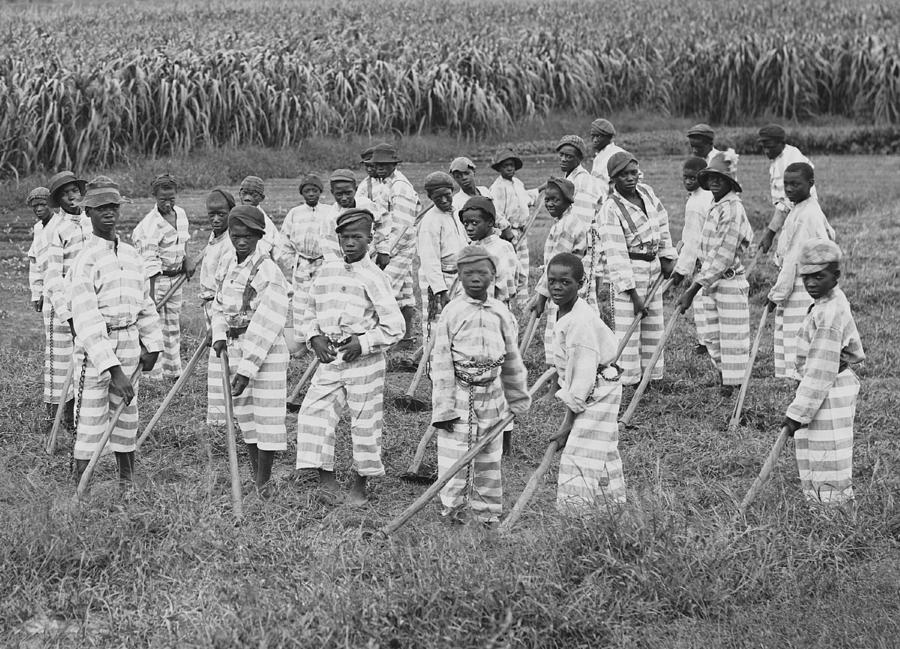
Sam Harris is my favorite philosopher and I’m trying to follow his evolution of thought as well as that of Jordan Peterson. I don’t have any negative thoughts about their previously provided statements except that they don’t address the previously described pain of disadvantaged groups. I think Sam and Jordan clearly see the slippery slope that identity politics, as it’s sometimes practiced, is at the top of. We all need to see that slope as well because we’re all standing on that slide. The modern American and her next generation of descendants are not immune to falling into the low low moral valleys of irrational groupthink that turned the first half of the twentieth century crimson. Sam and Jordan see this danger clearly and they’re ringing the bell that we all should heed. I carry this understanding in mind as I give my interpretation of what today’s identity politics are/is/should be.
Identity politics, at their best, are manifestations of voices suppressed by centuries of colonization, imperialism, slavery, and bigotry. They are the blood curdling screams of tortured people that, for the first time, are not being actively violently silenced. They are marginalized people calling for a seat at the table. Identity politics, at their worst, are the first unthinking well-intentioned steps toward ugly, rigid, and brutal totalitarianism. The change in behavior necessary to embrace the former and ward off the latter has to come from those practicing identity politics not from those criticizing it. We have to be very clear about the dangers of groupthink, the necessity of individualism, and the beauty of personal freedom in the American culture. It is true that we don’t all start in the same spot on the race track. That’s life. Some people are born on the 10 meter mark and some people are born on 390. That’s blind luck. None of us choose our parents. Yet, we can make the next society better and fairer. We can move the needle even closer to Dr. Martin Luther King’s dream while keeping in mind that we’re currently as close to his dream as we’ve ever been. Individual liberty, the popularity of personal responsibility, the freedom of speech, the independence of the judiciary, freedom of religion, real pluralism, an extremely high bar for poverty, we in the west have a lot going for us already. There’s no need to burn the house down because some parts of it aren’t finished yet and neither is there a need to stop working on it. Thereby, be proud of who you are and what groups you belong to. Say your piece and express your pain with all the gut and feeling you can muster. At the same time, be aware that groupthink can bleed into totalitarianism. If someone disagrees with you, understand where they’re coming from and explain why they’re wrong before you call them names. Those aren’t contradictions. At least, I don’t think they are. If you do, tell me why, and we’ll improve tomorrow together.
